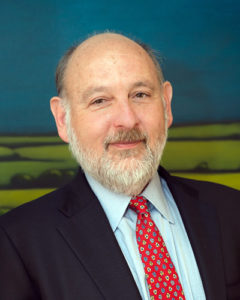
{display_podcast]
Podcast: Play in new window | Download


{display_podcast]
Podcast: Play in new window | Download


Podcast: Play in new window | Download


Podcast: Play in new window | Download
Dan Shapiro is a man on a mission to help physicians, other providers and the medical healthcare administrators understand the reality of healthcare provider burnout. He is currently the Director of the Chartis Center for Burnout Solutions, where he and his team assist leaders of multi-hospital systems with efforts to reduce burnout and the turnover of high-value physicians, nurses, advanced practice providers, and other staff.
Dan’s education goes back to my alma mater, Vassar College. He graduated with a BA in Psychology before going to the University of Florida for his doctorate in clinical psychology. He completed a post doctoral degree in Medical Crisis Interventions at Harvard University. He held faculty positions at the University of Arizona as well as at Penn State rising to the Chair and Professor of Humanities at Penn State College of Medicine. In 2017, he developed a systematic method for assessing and addressing burnout leading to consulting services focused on multi-hospital systems. In 2023, he left his role as Vice Dean and Chair to pursue the reduction of burnout full time with colleagues at Chartis.
Dan is a frequent contributor to thought leadership in the physician burnout space. In 2003, Random House published his landmark memoir about one physician’s burnout, titled, “Delivering Doctor Amelia,” which was required reading at some colleges and medical schools. He’s written two other books, also for Random House. Dan’s additional writings have appeared or been featured in, among others, the New York Times, Proceedings of the National Academies of Science, the New England Journal of Medicine, JAMA, Academic Medicine, and NPR’s All Things Considered.
As a hobby, he worked for ten years as a weekly consultant to the hit television shows Grey’s Anatomy, Private Practice, How to Get Away with Murder and on-camera for the Discovery, National Geographic, and FYI channels.
Please enjoy my conversation with Dan Shapiro,
Dr. M


Podcast: Play in new window | Download


Podcast: Play in new window | Download


Podcast: Play in new window | Download


Podcast: Play in new window | Download